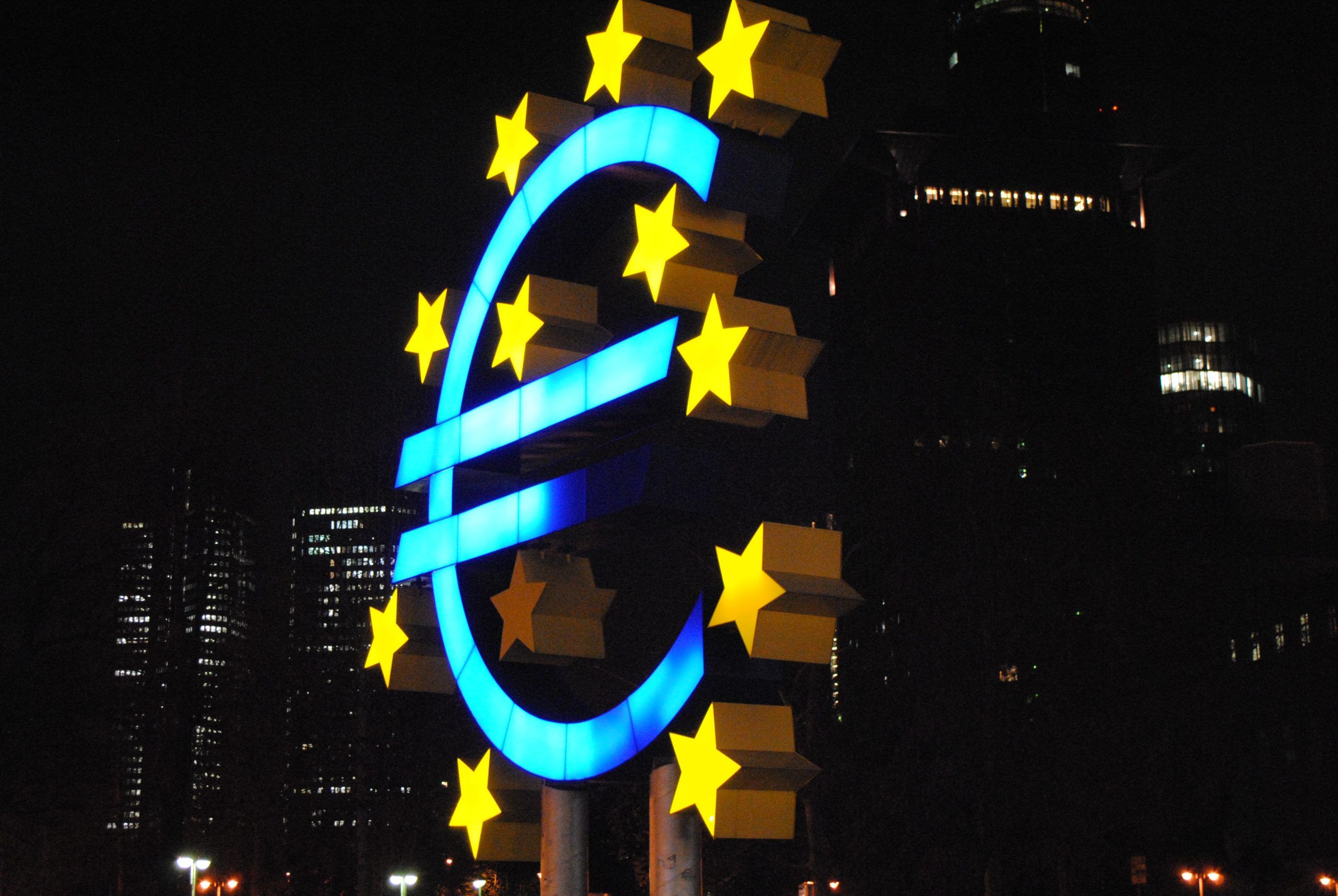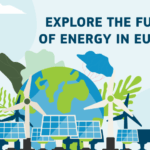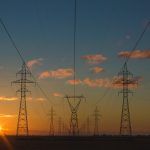Energy and economy
In the face of Russia’s weaponisation of energy, the European Union will remain united to protect its citizens and businesses and take the necessary measures as a matter of urgency.
The European Council has agreed that in light of the ongoing crisis, efforts to reduce demand, to ensure security of supply, to avoid rationing, and to lower energy prices for households and businesses across the Union need to be accelerated and intensified, and the integrity of the Single Market has to be preserved.
The European Council calls on the Council and the Commission to urgently submit concrete decisions on the following additional measures, as well as on the Commission proposals, having assessed their impact notably on existing contracts, including the non-affectation of long-term contracts, and taking into account the different energy mixes and national circumstances:
a) voluntary joint purchasing of gas, except for binding demand aggregation for a volume equivalent to 15% of storage filling needs, according to national needs, and the speeding up of negotiations with reliable partners to seek mutually beneficial partnerships by exploiting the Union’s collective market weight and making full use of the EU Energy Platform, which is open also for the Western Balkans and the three associated Eastern Partners;
b) a new complementary benchmark by early 2023 that more accurately reflects conditions on the gas market;
c) a temporary dynamic price corridor on natural gas transactions to immediately limit episodes of excessive gas prices, taking into account the safeguards set out in Article 23(2) of the draft Council Regulation proposed on 18 October 2022;
d) a temporary EU framework to cap the price of gas in electricity generation, including a cost and benefit analysis, without modifying the merit order, while preventing increasing gas consumption, addressing the financing and distributional impacts and its impact on flows beyond the EU’s borders;
e) improvements to the functioning of energy markets to increase market transparency, alleviate liquidity stress and eliminate factors that amplify the volatility of gas prices, while ensuring the preservation of financial stability;
f) fast-tracking of the simplification of permitting procedures in order to accelerate the rollout of renewables and grids including with emergency measures on the basis of Article 122 TFEU;
g) energy solidarity measures in case of gas supply disruptions at national, regional or Union level, in the absence of bilateral solidarity agreements;
h) increased efforts to save energy;
i) mobilising relevant tools at national and EU level. At the same time, the immediate priority is to protect households and businesses, in particular the most vulnerable in our societies. Preserving the Union’s global competitiveness is also key. All relevant tools at national and EU level should be mobilised to enhance the resilience of our economies, while preserving Europe’s global competitiveness and maintaining the level playing field and the integrity of the Single Market. The European Council is committed to close coordination of policy responses. It stresses the importance of close coordination and of common European level solutions, where appropriate, and is committed to achieving our policy objectives in a united manner. The Council will continue to closely monitor economic developments and is committed to further reinforce our coordination, in order to deliver a determined and agile policy response.

EU Commission accelerates work to strengthen the resilience of EU critical infrastructure
|
The European Council reiterates the need to step up investments in energy efficiency, future-proof energy infrastructure, including interconnections, storage, and innovative renewable technologies.
The European Council invites the Commission to speed up work on the structural reform of the electricity market, including an impact assessment, and calls for further progress towards a full Energy Union serving the dual objective of European energy sovereignty and climate neutrality.
The European Council remains seized of the matter.
Source: European Council







Leave a Reply